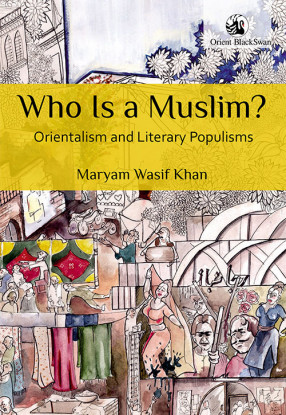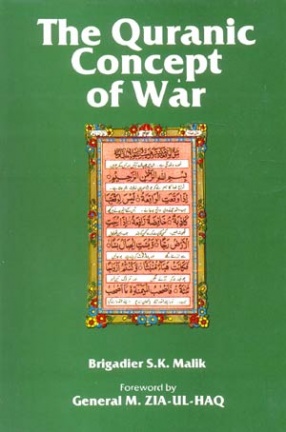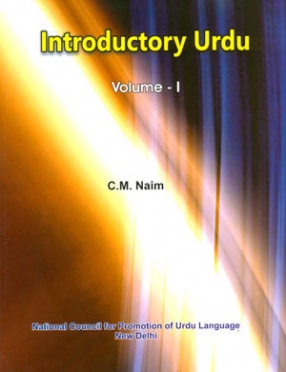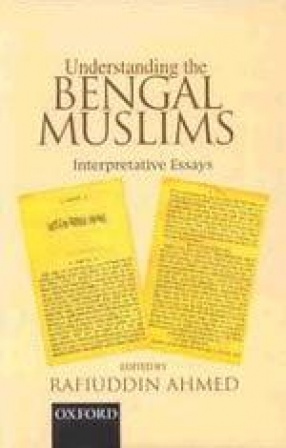Who Is a Muslim? Orientalism and Literary
Who Is a Muslim? argues that modern Urdu literature—popular novels, short stories— from its inception in colonial institutions such as Fort William College, Calcutta, to its dominant iterations in contemporary Pakistan (which include television serials) is formed around a question that has historically been at the core of early modern and modern Western literatures.
The question “Who is a Muslim?,” was a constant concern within eighteenth-century literary and scholarly orientalist texts. Chief among them was the English oriental tale which became a transformative force once it travelled to the North-Indian colony, and later to the newly formed Pakistan. A literary-historical study spanning three centuries, this book argues that the idea of an Urdu canon, far from being secular or progressive, has been shaped as the authority designate around the intertwined questions of piety, national identity, and citizenship.
A multi-faceted project, this book provides a history of how a religio-national identity is constructed through literature, first in the colony, and subsequently in the postcolonial nation-state. It is an attempt to understand the historical processes, institutions, and texts that have led to the religio-populism that has overwhelmed cultural production in a postcolonial state such as Pakistan. These wide-ranging arguments will be of interest to historians of empire, literary comparatists, and scholars of postcolonial, and more specifically South-Asian literatures, religions and cultures.
Get it now and save 10%
BECOME A MEMBER







Bibliographic information